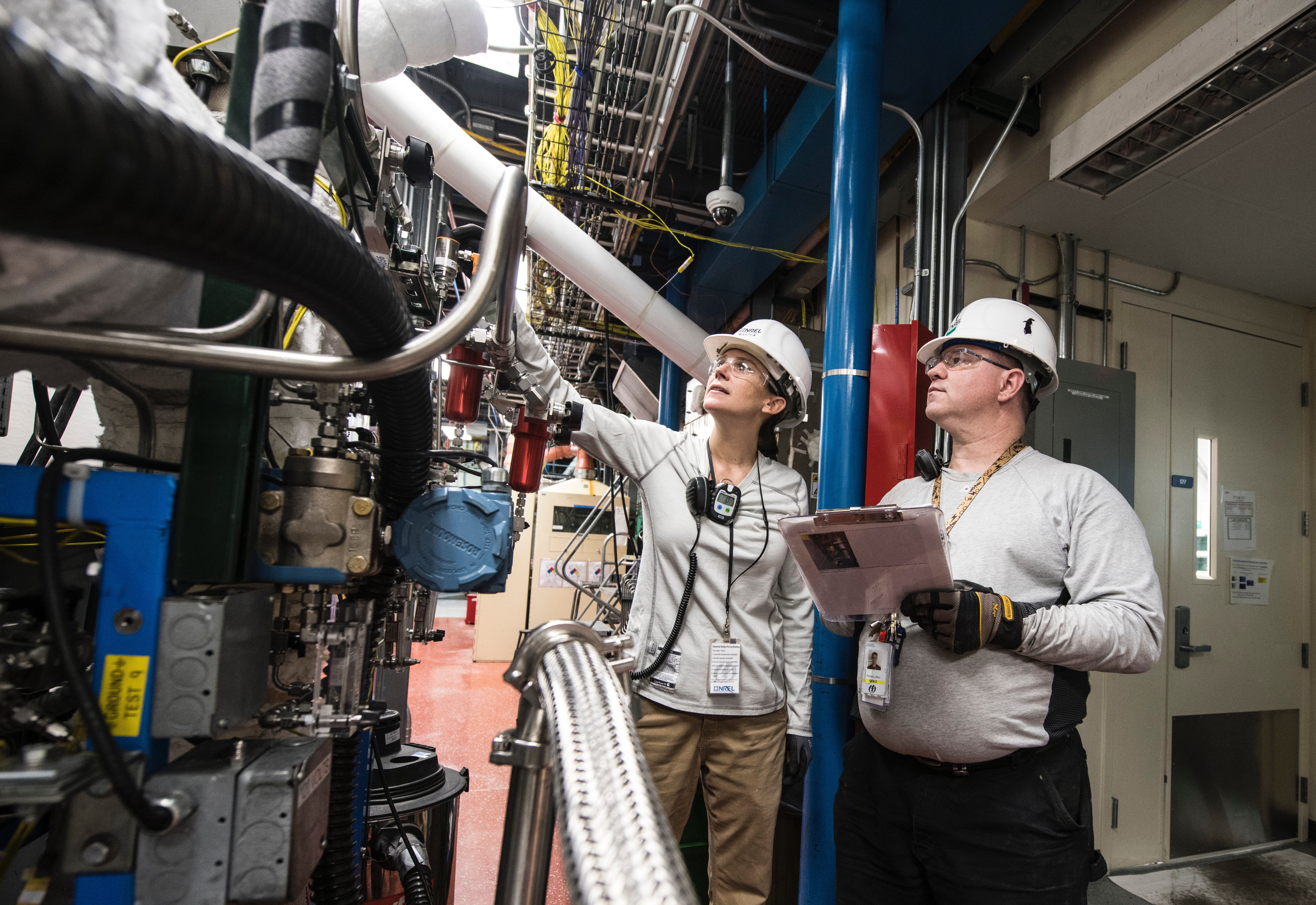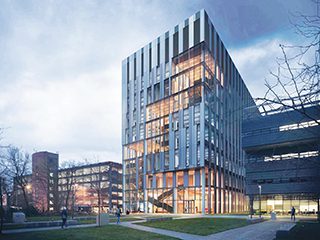The cart is empty!



The Engineering Council, the regulatory body for the engineering profession in the UK, has issued updated Guidance on Risk. This guidance is suitable for engineering professionals at all career stages, and across all sectors and specialisms.
The Guidance on Risk describes the role of all those engaged in engineering in dealing with risk, and their responsibilities to society. The revised Guidance on Risk sets out the key stages of managing risk and emphasises the need to exercise informed judgment and identify what is an acceptable level of risk – the risk appetite.
This Guidance sets out six principles to ensure all engineering professionals integrate understanding of the environment and sustainability of resources into all aspects of their work. The full Guidance on Risk leaflet, and a convenient wallet card of the six principles, can be downloaded free from: www.engc.org.uk/risk
The Guidance is reviewed periodically and (following consultation with the engineering community) this edition replaces and updates the previous Guidance on Risk.

The Henry Royce Institute for Advanced Materials has called for co-ordinated action to address the significant degradation challenges presented by the transition to net zero through a ‘Technology Roadmap for Net Zero’. Such a roadmap would select which technologies should be prioritised for investment and also be attached to key dates linked to when they’re expected to come online. It could also define the most cost-effective investment pathway to net zero, allowing industry and academia to develop Research, Development and Innovation (RD&I) programmes in alignment with clear timescales for delivery.
For many sustainable and low carbon technologies, the degradation of structural materials presents significant and ongoing challenges which can limit the performance, operational life, and sustainability of assets. For example, the financial impact of corrosion, which represents just one of the mechanisms under the umbrella term of degradation, has been estimated at 3.4% of the world’s GDP, thus significant savings could be achieved through better understanding and effective management of materials degradation.
To explore these issues in more depth, Royce commissioned a major landscaping exercise which examined the impact of degradation on wind power generation, carbon capture use and storage (CCS), nuclear fission power generation, transportation technologies (air, road, rail and sea), and hydrogen production and usage, with the overall aim of identifying the materials-related issues affecting the lifetime of structural components, and prioritise the research needed to improve the lifetime of these components.
The report identified a need for high-level strategic direction to guide R&D efforts towards these degradation challenges, but stated that in order for such a strategy to have authority and credibility, it is imperative that it should be developed as a collaborative effort between senior policymakers, along with a broad range of cross-sectoral academic and industrial stakeholders. Bill Hedges, ICorr President, and project champion for the Royce landscape study said: “Significant savings and societal benefits can be achieved through better understanding and effective management of degradation issues. Yet at the moment funding calls continue to encourage an isolated approach to investigating degradation mechanisms and this report recommends that only with a significant change in leadership and policy will the obvious opportunities for transformational change be grasped and ultimately realised. While the report confirms that there were no ‘show-stopping’ issues associated with materials degradation that will block the path to net zero, there are however many opportunities to reduce the costs associated with this.”
As a consequence of this study, the research, development and innovation programmes required to support net zero and tackle the degradation challenge, need to be a collaboration between governing bodies, UK Research and Innovation, major industry players, the supply chain, the Department for Business, Energy and Industrial Strategy, and academia.
The full report can be found at, https://www.royce.ac.uk/collaborate/roadmapping-landscaping/degradation/
For further information, contact Dr Andrew Bowfield, Business Development Manager, Henry Royce Institute, E: andrew.bowfield@manchester.ac.uk, and the report can be found at, https://www.royce.ac.uk/collaborate/roadmapping-landscaping/degradation/
Editor’s Note : The Henry Royce Institute is the UK national institute for advanced materials research and innovation, with the aim of growing, and supporting, world-wide recognition of the excellence of UK materials research, accelerating commercial exploitation and delivering positive economic and societal impact for the UK. With its base in Manchester, it is funded by the Engineering & Physical Sciences Research Council, part of UK Research & Innovation.

According to coatings manufacturer Hempel, they have acquired a ground-breaking technology that will change the market for insulation coatings, whilst enhancing workers’ safety and lowering their customers’ environmental footprint.
The new technology was developed by Das Lack Enertherm (DLE), a German-English company. When this is combined with their in-house expertise, the technology will enable Hempel to develop and launch coating products with insulating properties within the next year, according to the company.
By offering customers better insulation choices, Hempel can also help to reduce the ever-present risk associated with CUI, in addition, the new insulation coatings will also lower the customers’ carbon footprint and will reduce heat loss significantly compared to current insulation coatings – both of which mean helping customers deliver on their sustainability agendas, concluded the company.
The Engineering Council has updated its Guidance on Sustainability, which is now available on its website.
The Guidance is reviewed periodically, and this edition includes the UN’s Sustainable Development Goals, clarifies its definition of sustainable development, and emphasises the importance of engineers taking a proactive role. It also highlights the importance of designing-in sustainability from the start, emphasises the inter-connectedness of environmental challenges and solutions, the role of regeneration and restoration, and consideration of the whole life cycle – including safe disposal.
According to Alasdair Coates CEng FICE MCIHT CMIOSH, CEO of the Engineering Council, Sustainable development is an increasingly important issue for society and the engineering profession works to meet the challenge of the climate emergency. Engineers and technicians have a key leadership and influencing role in working towards sustainability, increasingly as part of multi-disciplinary teams that include non-engineers, and through work that crosses national boundaries.
This updated Guidance on Sustainability supports individual engineers in achieving sustainable development through engineering, as well as helping professionally registered engineers – Chartered Engineers, Incorporated Engineers and Engineering Technicians – to meet their professional obligations.”
This Guidance sets out six principles to guide engineering professionals in integrating understanding of the environment and sustainability into all aspects of their work:
1. Contribute to building a sustainable society, present and future
2. Apply professional and responsible judgement and take a leadership role on sustainability
3. Do more than just comply with legislation and codes: be prepared to challenge the status quo
4. Use resources efficiently and effectively
5. Seek multiple views to solve sustainability challenges
6. Manage risk to minimise adverse impact and maximise benefit to people and the environment
The full Guidance on Sustainability leaflet, along with a convenient wallet card of the six principles, can be downloaded free from, www.engc.org.uk/sustainability.